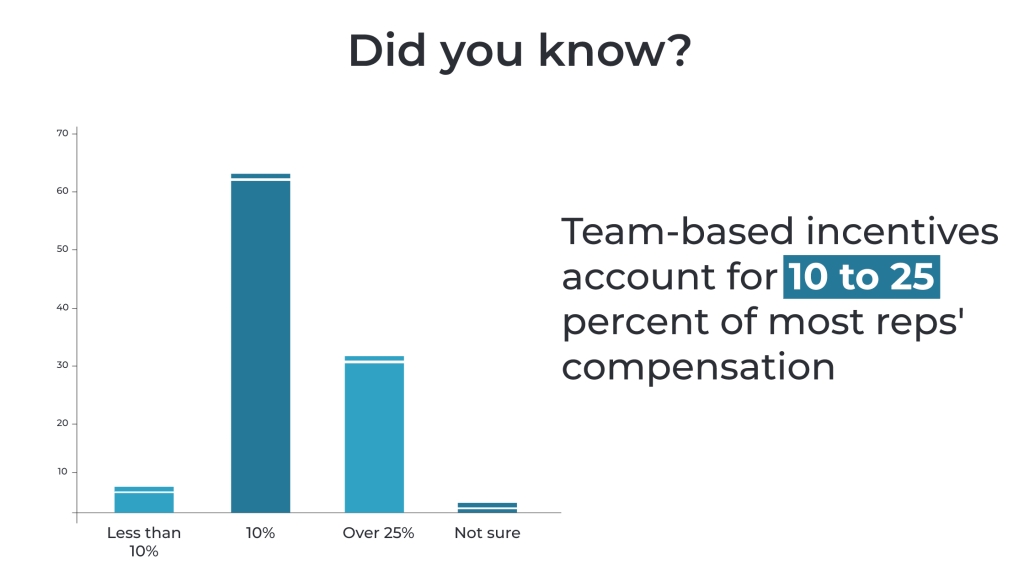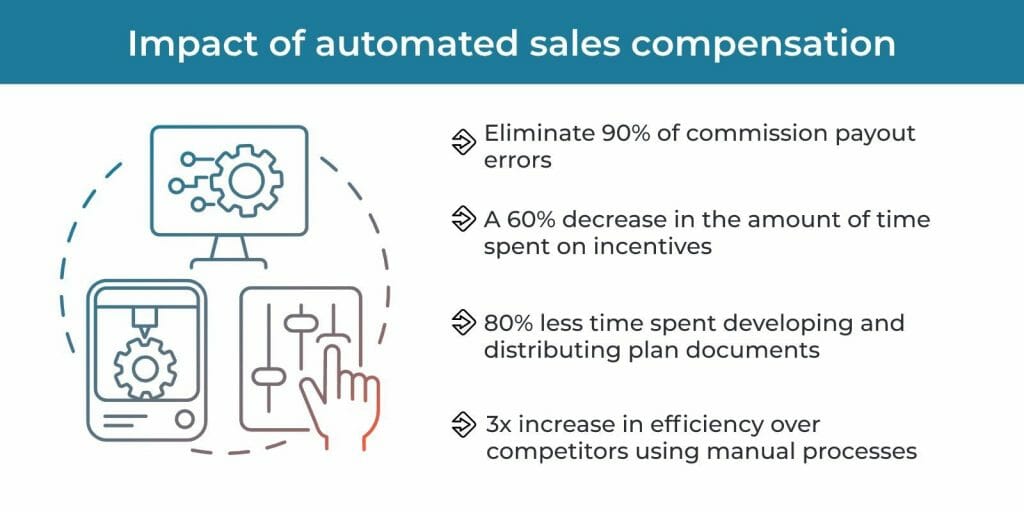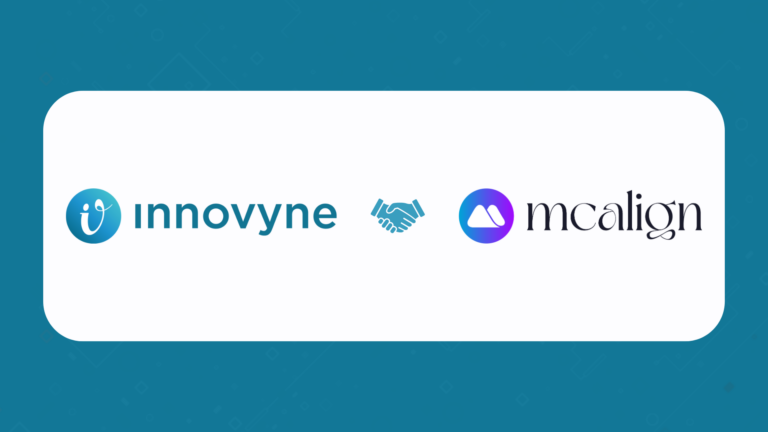For many years, companies have been creating compensation models to guide their sales managers, comp plan administrators, and HR teams to incentivize their sales reps fairly. An effective compensation model is essential for retaining high-performing employees and recruiting new ones.
However, a manually built sales incentive compensation plan leads to larger errors and inefficiencies in the model. The spreadsheets sales teams use is riddled with “#REF!” errors which make it hard for them to manage compensation payouts. Pharmaceutical or medical organizations in particular have a large sales ecosystem that requires automation to counter this.
Why automate incentive compensation management?
An automated compensation management system can help organizations save time and money, improve forecasting accuracy, maximize profits, and improve communication and collaboration among teams.
Forecasting: When it comes to forecasting, sales compensation automation can help sales managers in two key ways. First, it can help them gather and analyze data more efficiently. Second, it can help them identify trends and patterns that can be used to predict future sales.
Data gathering and analysis are crucial for forecasting. In the past, sales managers would often have to collect data manually, which was time-consuming and error-prone. But with automation, data can be collected and analyzed automatically, which can save a lot of time and effort.
Maximize profits: Sales compensation automation can help to maximize profits by ensuring that commission payments are accurate and timely. This, in turn, can help to motivate and retain sales reps, as they know that their efforts will be fairly and accurately compensated. In addition, automated sales compensation can help to reduce the administrative burden on managers, freeing up their time to focus on other aspects of their job.
Collaboration: One-way sales compensation automation can help with collaboration between teams is by providing a central repository for all compensation data. This repository can be accessed by all members of the team, which makes it easy to keep everyone on the same page. In addition, this repository can be used to run reports and analytics, which can help identify trends and discrepancies.
Another way that automation in ICM can help with collaboration between teams is by automating the process of calculating commissions. This can free up time for compensation admins so that they can focus on other tasks. In addition, automating commission calculations can help to ensure accuracy and consistency.
The right tools can assist with efficient workflows, pull data into your systems, and automate calculations for tasks like pro-rationing and sales quota setting. Ultimately, automating your incentive compensation plans can help you keep sales reps motivated throughout the sales cycles and drive profitability.
How sales compensation must change with the introduction of automation?
The way sales compensation is structured and delivered is changing, and will continue to change, as automation increasingly takes on a larger and larger role in the sales process. As automation technologies become more sophisticated and more widely adopted, the traditional model of sales compensation, which is based on a salesperson’s ability to close deals and generate revenue, is no longer adequate.
In order to keep up with the changes that are taking place in the sales process, compensation administrators must adapt the way they design and deliver sales compensation plans.
Here are four ways that sales compensation must change in order to keep up with the introduction of automation:
1. Sales compensation must be more flexible.
As automation technologies are introduced into the sales process, the sales process itself will become more flexible. This means that sales compensation plans must also become more flexible, in order to keep up with the changing sales process.
2. Sales compensation must be more performance-based.
As automation technologies make it possible for a sales team to close more deals and generate more revenue with less effort, the traditional model of sales compensation, which is based on the number of deals closed, will become less relevant.
Instead, compensation administrators must shift to a model that is based on the salesperson’s overall performance. This performance-based model will take into account the salesperson’s ability to generate revenue, as well as the quality of the deals that they close.
3. Sales compensation must be more transparent.
The introduction of automation technologies into the sales process will make it easier for salespeople to track their own performance, as well as the performance of their sales reps. This increased transparency will make it easier for compensation administrators to identify top performers and ensure that they are appropriately compensated.
4. Sales compensation must be more team-based.

As sales teams become more reliant on automation technologies, the traditional model of sales compensation, which is based on individual performance, will become less effective.
Instead, compensation administrators must shift to a team-based model, in which the sales team, as a whole, is rewarded for its collective performance. This team-based model will incentivize salespeople to work together more effectively and to share best practices with each other.
Sales compensation automation is inevitable, and it is already having a profound impact on the way sales compensation is structured and delivered. In order to keep up with the changes that are taking place, compensation administrators must adapt the way they design and deliver sales compensation plans.
How automation and compensation software can create more value from your pay data?

As technology advances, so too does our ability to automate more and more tasks. This is increasingly true in the world of compensation and benefits, where automation can create more value from your pay data.
Sales compensation automation allows you to bring disparate data sources together and promotes accuracy across your entire sales data. The right sales compensation automation tools can assist with efficient workflows, pull data into your systems, and automate calculations for tasks like pro-rationing. Using sales compensation automation for benefits and compensation allows systems that were previously assisted by humans to become self-service, and it allows for a more streamlined and efficient process overall.
Any sales compensation automation compensation system must be able to pull transactional data from enterprise resource planning or order management systems, salary-based bonus tallies from time and attendance software, and even equity compensation grants from your human resources information system. By automating these processes, you can create a more cohesive and accurate compensation picture that will save your company time and money.
Sales compensation software helps businesses and organizations plan, provide and administer adequate employee compensation packages, including salary, bonuses, and commissions. The software is designed to help create a more efficient process that allows companies to leverage data and in-depth insights on salaries and employee payroll.
This enables administrators to make informed payment decisions, analyze market trends, and predict future costs. As a result, employees are more likely to be productive and feel valued for their contributions.
How to choose the right Incentive Compensation Management for your sales team?
There are a number of different software solutions available on the market to automate sales compensation management. The right solution for your company will depend on a number of factors, including the size and complexity of your sales compensation software, the number of sales staff you have, and your budget. However, there are a few key features that all good ICM software solutions should offer, including:
- The ability to track and manage multiple incentive programs
- The ability to track individual sales staff performance
- The ability to generate accurate commission payments –
- The ability to automate financial analysis If you are looking for a way to improve your ICM program, then automating it is a great place to start.
- By doing so, you can help to ensure that your staff is properly motivated and compensated while freeing up your time to focus on other aspects of your business.
Conclusion
Automation and compensation software can bring a lot of value to your pay data. When used correctly, it can automate many tasks that would traditionally be done by hand, like calculations and pro-rationing. This can free up time for you and your team, and allow you to focus on more important tasks.



